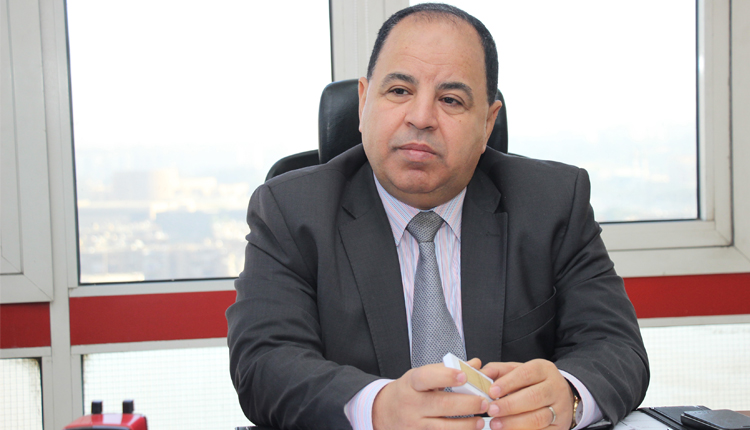Egypt will tap debt markets for between $4 billion and $7 billion in the coming financial year starting in July and is in talks with the IMF about a non-financial deal to help entice investors, its finance minister said on Tuesday.
The country was considering all options for debt instruments, including sukuk, green bonds and Asian currency bonds, Finance Minister Mohamed Maait told Reuters on the sidelines of a conference in London.
“This time last year I said we would go for between $4 to $7 billion and eventually we went for $6.2 billion,” he said.
“Let me repeat what I said last year: between $4-7 billion (for this coming financial year). It depends on market conditions, demand and whether we can diversify to other instruments as we are hoping for green bonds, sukuk.”
The Egyptian parliament on Monday approved the government’s budget for the coming 2019/2020 financial year, targeting a 7.2% deficit for the year and 6% GDP growth.
Now that the budget was approved, Egypt will start talks with banks in the first quarter from July to September about a potential bond issue, Maait said, adding that the period from November to February was the normal time for any issuance.
Depending on financial conditions, the country could also consider tapping finance from other sources, including the World Bank, African Development Bank, European Bank for Reconstruction and Development and European governments such as France and Germany, he added.
“In the Middle East, development partners find Egypt as somewhere to go for as other places have problems. Egypt needs funding for infrastructure and the development partners have the money,” Maait said.
Egypt signed a three-year, $12 billion loan programme with the IMF in late 2016, seeking to attract back international investors who pulled out after an uprising in 2011.
Maait said the government was in talks with the IMF about a new non-financial programme that could last around two years with a plan to reach a deal by October.
“It would give comfort to international investors and international institutions.”
Source: Reuters
